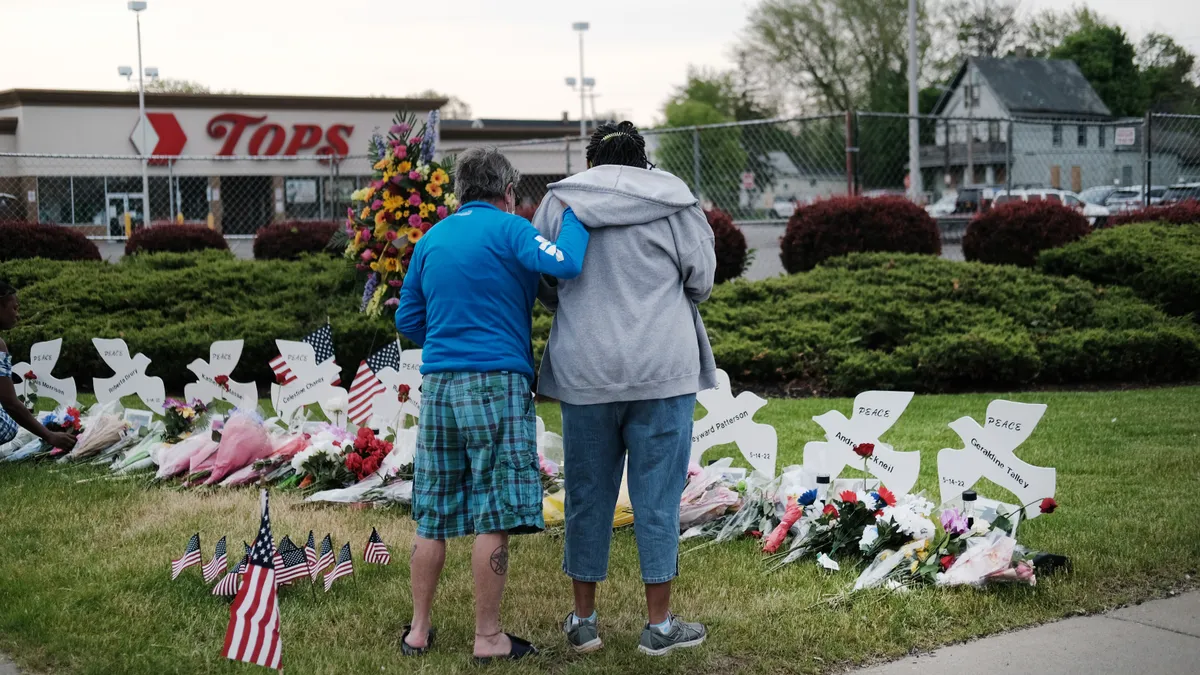The U.S. Equal Employment Opportunity Commission will hold a listening session in Buffalo, New York, on Aug. 22 to seek input from witnesses on how the agency can address racial and economic justice as part of its next Strategic Enforcement Plan for fiscal years 2022 to 2026, EEOC announced Tuesday.
The event, which will be accessible in person and virtually, is the first of a three-part series of listening sessions EEOC will conduct between August and September. The two other sessions will be hosted on Aug. 30 and Sept. 12 in Washington, D.C. EEOC said it will consider input gathered from the sessions during the development of its next SEP.
“Wisdom exists in many communities outside of Washington, and Buffalo, like so many American cities, has a history inextricably tied to racial discrimination but also to resilience and civil rights advocacy,” EEOC Chair Charlotte Burrows said in a statement. “Our goal is to determine how the EEOC can best do its part to address systemic discrimination in Buffalo and across the nation, so that all workers have access to equal employment and economic opportunities.”
EEOC’s event will take place mere months after a mass shooting occurred at a Buffalo supermarket, in which 10 people were killed and three were wounded. The site of the shooting is located in a predominantly Black neighborhood of Buffalo, according to the Associated Press, and federal prosecutors have sought to try the killings as hate crimes.
The agency made specific reference to the mass shooting in its Aug. 2 announcement, noting that the listening session will take place more than a month after the business reopened following the shooting.
“By holding the meeting in Buffalo, the EEOC affirms its commitment to combating systemic racism and inequality and stands ready to answer the nation’s continued call for racial and economic justice,” EEOC said in its release.
In its Strategic Enforcement Plan documents — new iterations of which are published by the agency periodically — EEOC typically outlines priority areas for enforcement over a span of multiple years.
In 2018, for example, the agency issued its SEP for fiscal years 2018 to 2022. This SEP identified three priorities: strategic application of EEOC’s law enforcement authorities to combat and prevent discimination; preventing discrimination and promoting inclusive workplaces through education and outreach; and pursuing “organizational excellence.”
Previous SEPs have focused on narrower areas. EEOC’s SEP for fiscal years 2017 to 2021 specified issues such as protecting vulnerable workers, including immigrant workers, migrant workers and underserved communities, from discrimination.
In the past two years, EEOC has issued statements condemning incidents of workplace violence perpetrated toward members of specific racial and ethnic groups.
Days after a March 2021 shooting spree in Atlanta claimed eight lives, including six people who were of Asian descent, EEOC condemned violence, harassment and bias against members of the Asian American and Pacific Islander, or AAPI, communities. The following May, Burrows told attendees of an EEOC webinar that it would use “all of the tools in the agency’s tool box” to combat workplace harassment and discrimination against AAPI communities.












